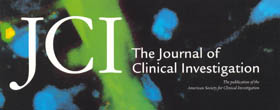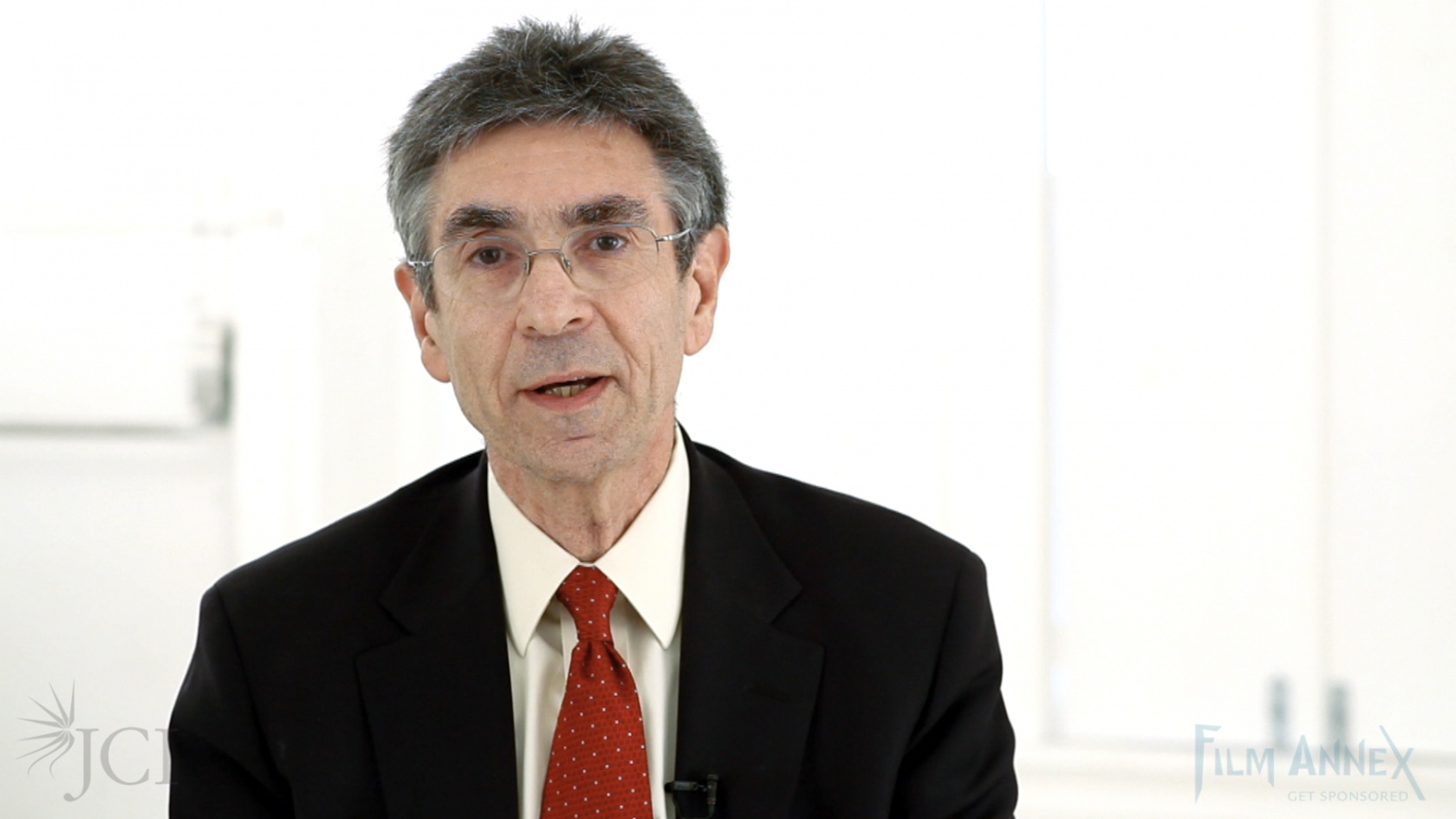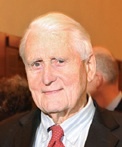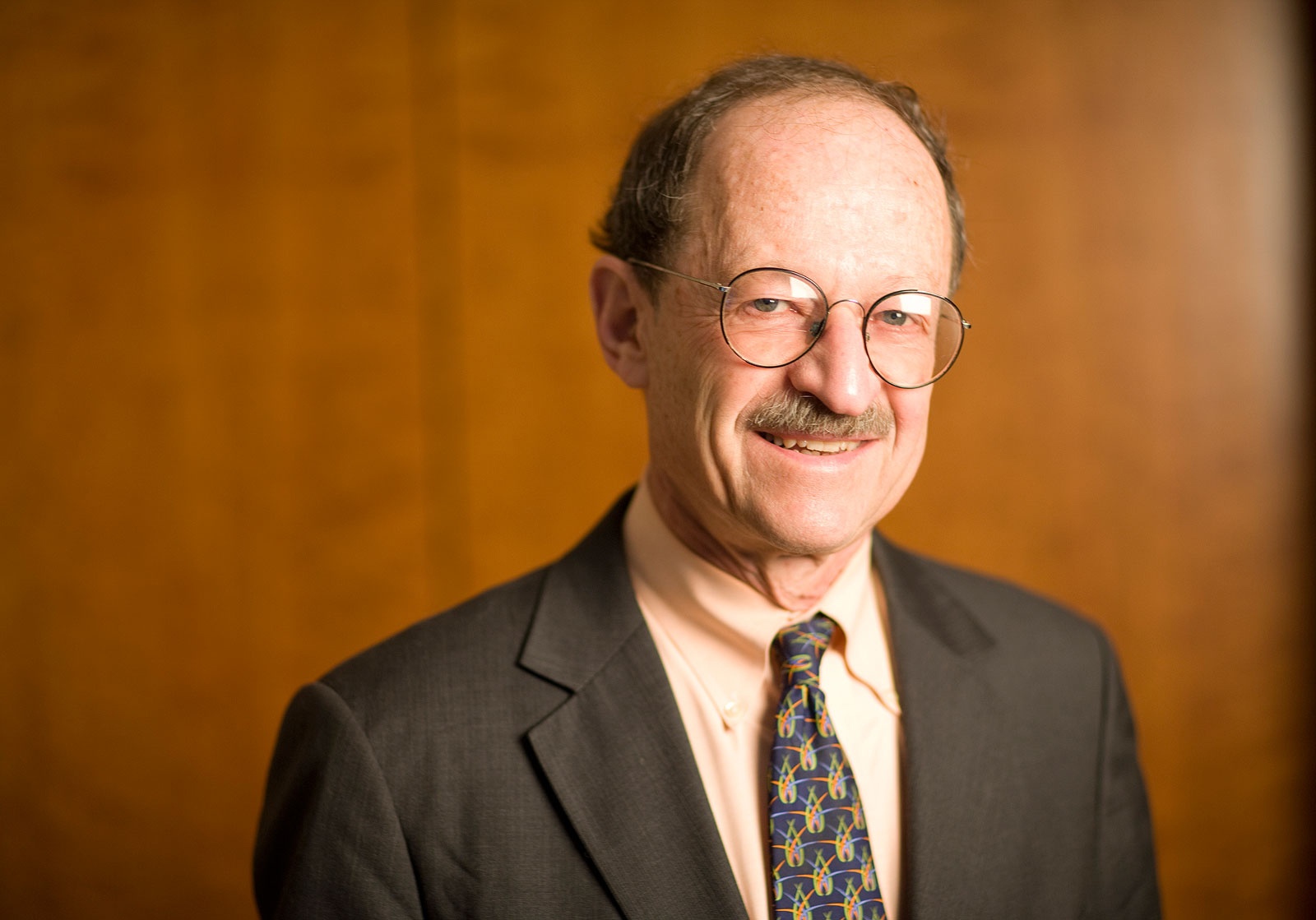A Conversation with Dr. Jean Wilson, University of Texas Southwestern Medical School
Dr. Jean Wilson from the University of Texas Southwestern Medical School, speaks here with Ushma Neil of 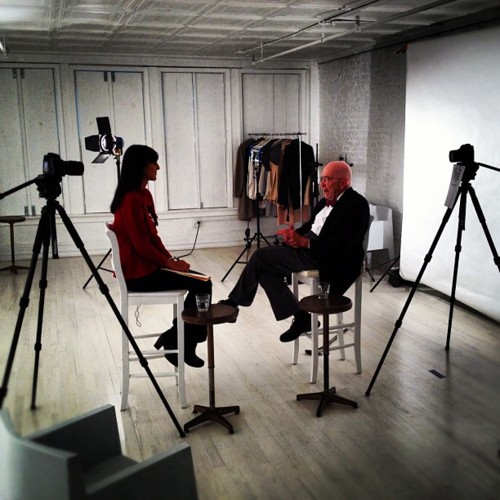 the Journal of Clinical Investigation (JCI). Dr. Wilson was the editor-in-chief of the JCI between 1972 and 1977. Before retiring, Dr. Wilson's research centered on both cholesterol metabolism and steroid hormone action and laid the groundwork for understanding male/female genital development. His studies of testosterone biology led to the first medical therapy for benign prostatic hyperplasia.
the Journal of Clinical Investigation (JCI). Dr. Wilson was the editor-in-chief of the JCI between 1972 and 1977. Before retiring, Dr. Wilson's research centered on both cholesterol metabolism and steroid hormone action and laid the groundwork for understanding male/female genital development. His studies of testosterone biology led to the first medical therapy for benign prostatic hyperplasia.
Ushma S. Neill obtained her Ph.D. in biomedical engineering from Northwestern University studying pulmonary mechanics and used her Marshall Sherfield Postdoctoral Fellowship at Imperial College, London, to study vascular permeability. After 2 years as an editor at Nature Medicine, she joined the JCI in March 2003 as Executive Editor. In May 2012, Ushma became Director of the Office of the President of Memorial Sloan-Kettering Cancer Center.
The Journal of Clinical Investigation is a top-tier venue for critical advances in biomedical research. The JCI has a 2011 Impact Factor of 13.069 and a 5-year Impact Factor of 15.430, placing it second in the category of Medicine, Research and Experimental. This along with free access to all of its research articles makes the JCI a prestigious, high-impact venue for authors seeking the broadest audience for their most important work.
The journal is headed by Editor in Chief Dr. Howard Rockman and an Editorial Board of peer scientists at Duke University Medical Center, the University of North Carolina, Duke-NUS, and Sanford-Burnham Medical Research Institute whose depth and experience ensure fair and competent peer review.
 jci,
jci,  jean wilson,
jean wilson,  ushma neil |
ushma neil |  Print Article
Print Article  Email Article Posted on
Email Article Posted on  Thursday, November 1, 2012 at 1:45PM
Thursday, November 1, 2012 at 1:45PM  Permalink in
Permalink in  Education
Education 
